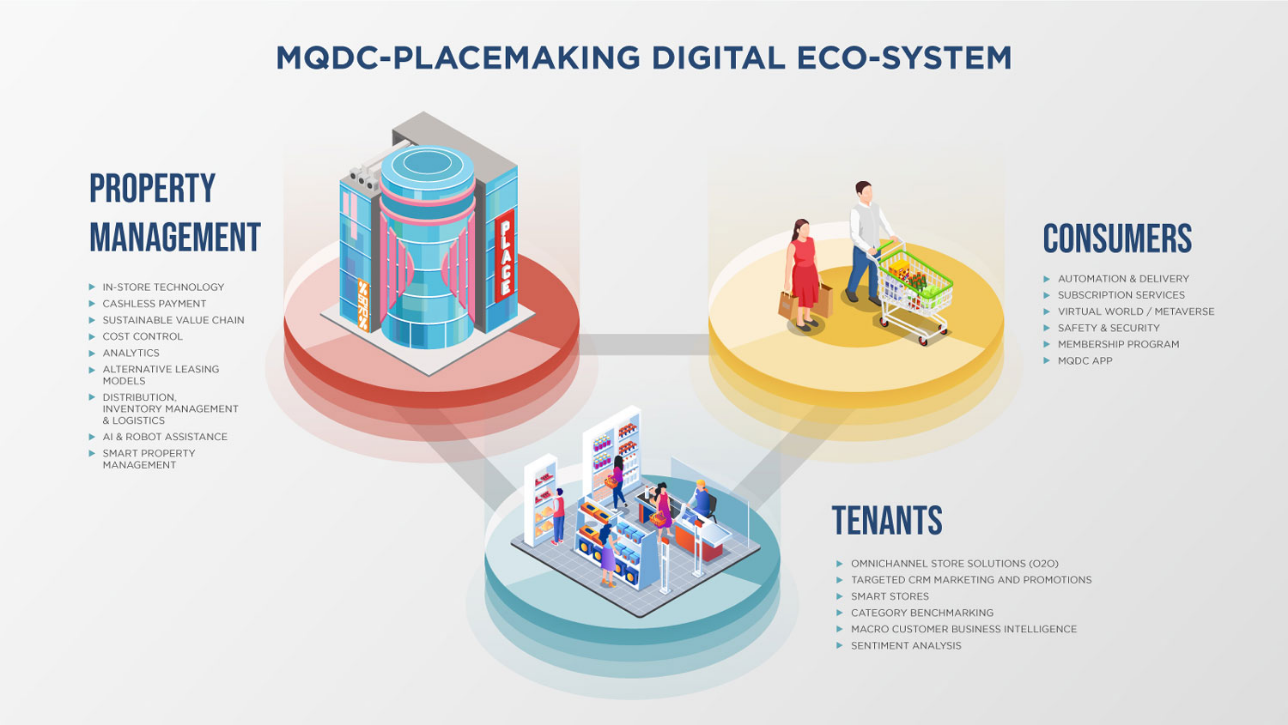Quality of life is a holistic metric quantified by levels at which individuals in a society are happy, healthy and comfortable enough to enjoy their respective life events. In Southeast Asia, quality of life tends to be at its highest in urbanised cities or capitals, as many of these locations are centres of economic development within a country.
However, an improved quality of life should ideally be accessible for all facets of society within Southeast Asia, especially amidst rising socio-economic inequality in the region. Here, constant innovation is crucial for the creation of new technology and solutions that will enhance the quality of life of all demographics.
Healthcare is a pertinent issue in emerging regions like Southeast Asia. Many governments in the region focus their innovation efforts on developing transformative cures or medication to deal with ailments. However, it is also important to leverage technology for the proactive prevention and early detection of diseases for societal betterment.
For instance, in Vietnam, the top four causes of premature deaths are those that could have been prevented with improved diagnosis, monitoring, and tech-enabled early-stage interventions. This illustrates the need for proactive processes that could prevent – or at least, prepare individuals for – potential health crises. As such, Hitachi collaborated with Baoviet Insurance, Vietnam’s largest non-life insurance company, to create a new Health Risk Simulator service. The solution was developed based on artificial intelligence (AI) and Big Data, capable of analysing large troves of medical data to accurately assess and measure future lifestyle-related health risks and even hospitalisation probabilities.
The Risk Simulator’s predictive model gauges the probability of hospitalisation and estimated medical costs based on pertinent lifestyle-related diseases in Vietnam that include diabetes and cardiovascular diseases. By providing accessible, actionable insights into individuals’ risks of various lifestyle-related health diseases, this solution is helping Vietnamese citizens live healthier, happier lives.

Addressing the root cause of prevailing health issues is the next step in sustaining an elevated quality of life.
Indonesia is one of the largest carbon-emitting countries in the world, a status that has led to several respiratory complications for its citizens. Hitachi is helping to minimise the carbon emissions contributing to such complications through the deployment of a microgrid solution built for the optimal utilisation of renewable energy sources.
The largest of its kind in Southeast Asia, the microgrid harnesses solar power and is expected to reduce annual carbon emissions by 192 tonnes. Its efficient energy storage infrastructure also provides greater stability for mining and power operations, which is ever more pertinent for the rapidly digitising country. Residents in Indonesia, now accustomed to the daily use of electrical and electronic devices, can benefit from enjoying cleaner, more breathable air while also experiencing fewer disruptions to their daily activities.
In Indonesia, one of the largest carbon emitters in the world, increasing respiratory complications are caused by pollution.



Environmental conservation is not the only area that stands to benefit from novel, tech-based innovations. Today, urban development initiatives are seeking to build societies that seamlessly blend technology with daily routines. In fact, many countries in Southeast Asia have already conceptualised industrial revolutions that encourage interaction between people and machines, with Thailand leading this tech-driven charge.
Aligning with the country’s national goal of digitalising its environment, Thailand's urban landscape will benefit from initiatives such as the Magnolia Quality Development Corporation Limited (MQDC) Placemaking 5.0 Digital Masterplan. Placemaking 5.0 aims to maximise convenience, quality of experience, and safety for visitors, shoppers, and residents at MQDC properties through digital technologies to create fully unmanned stores, augmented reality smart screens, customer recognition systems, and more to be developed and introduced to retail outlets, workplaces, and public spaces. Working with MQDC, Hitachi aims to deliver enhanced security, sustainability, and operational efficiency, ultimately integrating utility with comfort and convenience to improve overall quality of life.

Recent global developments have taught us that we are only at the beginning of enhancing quality of life via innovation. Cutting-edge technologies with people- and sustainability-focused mechanisms are key components of progress that ensure an optimal living experience today while laying the foundations for a more resilient tomorrow. In these areas, Hitachi remains ever ready to power good as we help enrich the quality of life for all.



Date of Release: February 2022